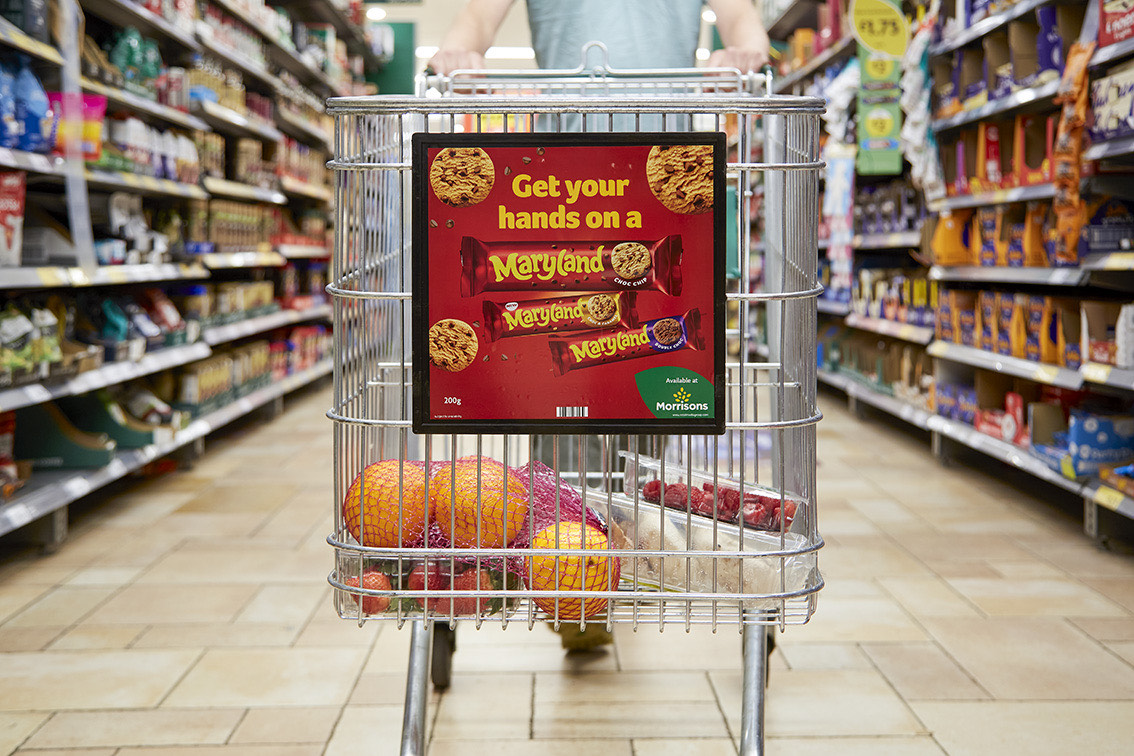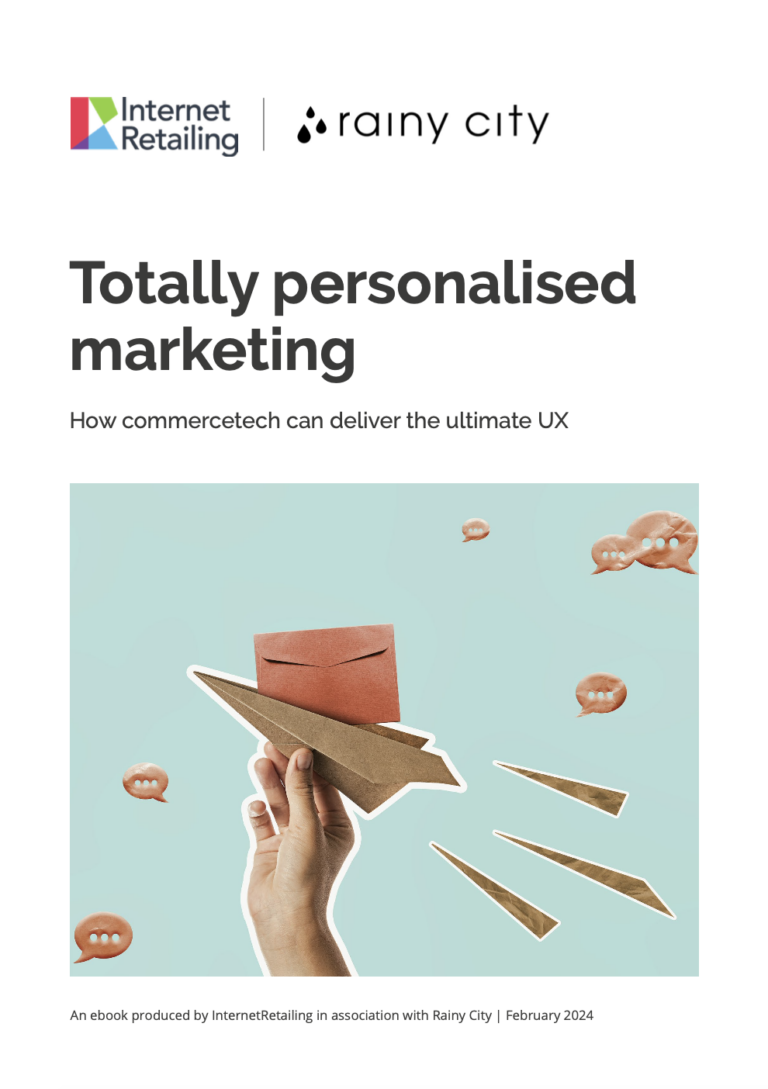Low consumer confidence and inflated food prices would see the UK non-food retail sector £2.3bn worse off in a hard Brexit scenario compared to a Brexit based on the Withdrawal Agreement, according to GlobalData’s Brexit and the Impact on Retailreport.
If the prime minister (insert name here) needs any more to consider about the deal, Karla Rendle, Senior Retail Analyst at GlobalData, a leading data and analytics company, offers her view: “In the light of recent developments, retailers are coming to terms with the fact that there is a real need to plan for a hard Brexit scenario, with an end to free trade and no customs union between the UK and the EU. Increased tariffs, delays at ports and borders and a sharp fall in the pound, pushing up the cost of imports, would all have a negative impact.
GlobalData forecasts, published in its Brexit Impact on Retail report indicate that a hard Brexit scenario would be more damaging than either an exit based on the Withdrawal Agreement or a delayed Brexit /second referendum scenario.”
According to GlobalData, November witnessed the worst level of consumer confidence over the last four years with 55.4% of consumers surveyed expecting to cut back spend on retail over the next six months.
“In the build-up to Brexit we have seen this get steadily worse as consumers have become more negative about the outlook of the economy, their own personal finances and their likelihood to spend on retail,” says Rendle. “This, at a time when the UK is relying on its golden quarter to stimulate retail sales, is particularly concerning”.
Thomas Brereton, Retail Analyst at GlobalData, adds: “A hard Brexit would be disastrous for both food retail and non-food retail in the short term, but for different reasons. Failure to reach some sort of agreement could see retailers face an average food tariff increase of up to 22%, particularly prevalent in dairy, meat, vegetables and fruit. Although retailers and suppliers would bear much of this price increase, consumers would almost certainly see shelf prices rise in these categories and overall food & grocery inflation would rise to 4.5% – the highest in a decade.”
However, according to the analyst, non-food retail is expected to bore the brunt of shopper cut backs in a hard Brexit scenario, with the forecast rise in inflation failing to offset a drag on consumer confidence and a sharp decline in volume growth. Soaring grocery inflation would see shoppers cut back on discretionary spend of non-food categories.
While a hard Brexit would damage growth across all non-food retail sectors, it would be particularly damaging for markets largely made up of non-essential big ticket items. This includes products across DIY & gardening, electricals and furniture.
Meanwhile, the Direct Marketing Association (DMA) give the government and the EU more pause for thought ahead of signing a Brexit ‘deal or no deal’ deal. According to its ‘Data privacy – An industry perspective’ report, 51% of marketers are concerned that there will be a financial impact to their organisations if the free flow of data between the UK and the EU is eroded by Brexit. Just 25% of marketers stated they were unconcerned.
The UK Government’s decision to delay the Brexit deal vote in Parliament has only increased uncertainty over how future relations between the EU and UK could look, and whether the free flow of data will be disrupted by delays agreeing a deal.
Over the past few days, the possibility of a no-deal Brexit scenario has certainly increased with UK businesses, large and small, likely to be significantly affected by this.
“The challenges of a no-deal Brexit would be very complicated for British businesses, as the disruption to the free flow of data between the UK and EU would be very damaging and costly,” says Chris Combemale, CEO of the DMA.
Combemale added: “Although larger organisations may have the resources to implement standard contract clauses to be able to continue data transfers in a no-deal Brexit scenario. SME’s will be seriously disadvantaged by the administrative burden. Furthermore, marketing service providers offering cloud-based service solutions are already opening data centres in the EU to service their European customers as a part of their contingency planning.”
This isn’t marketers’ only issue surrounding Brexit. The report also highlights that 90% of marketers want Britain to retain access to a ‘digital single market’ after Brexit, although this would be unlikely given Theresa May’s rejection of freedom of movement, a key pillar of the single market. This figure is up from 78% in the previous edition of the report back in May 2018.









